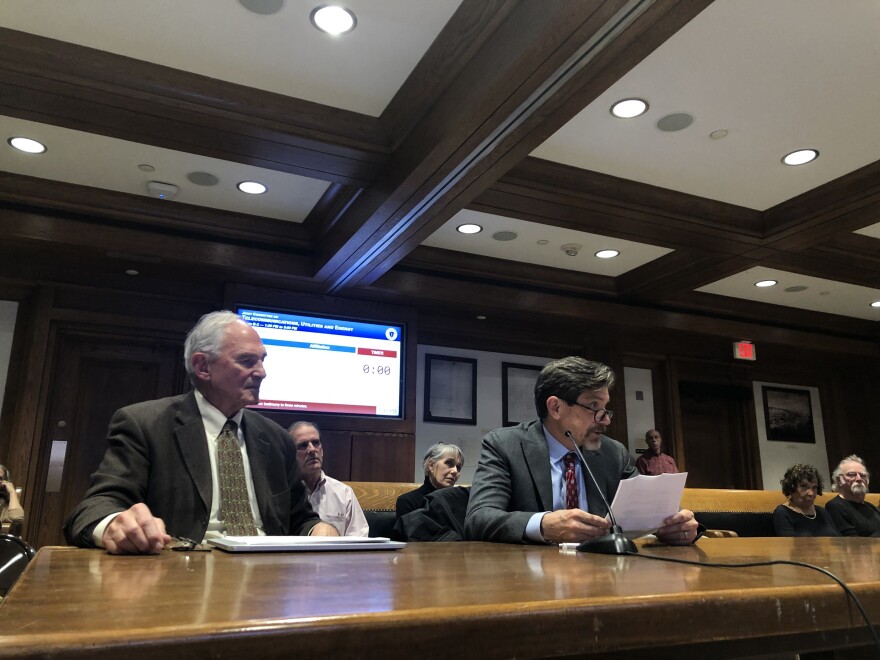In the next three decades, climate change could have major socioeconomic consequences in 105 countries across the globe.
That’s according to a new report, Climate Risk and Response: Physical Hazards and Socioeconomic Impacts, from the McKinsey Global Institute with help from the Woods Hole Research Center (WHRC).
The report asks questions like: Can coastal cities turn the tide on rising flood risk? Will infrastructure bend or break under climate stress? Will mortgages and markets stay afloat in coastal states… and around the world?
“With increases in drought in a lot of regions, increases in water scarcity, increased volatility in crop yields, it does point to parts of the world becoming difficult to inhabit,” said Phil Duffy, president of WHRC.
Based on WHRC’s climate modelling, the report notes lethal thresholds of extreme heat could be exceeded in India and Pakistan, for example, in the next 20-30 years.
“That’s kind of a monumental threshold, meaning that there will be parts of the world that are simply—not always, but at times—too hot for human beings to live in,” Duffy said.
This is likely to trigger mass migration of climate refugees, which will have significant impacts on political systems around the world.
Still, Duffy says, he's encouraged that this kind of report was commissioned by one of the world’s largest management consulting firms.
“The study mainly calls for thinking about climate change as a risk in the world of business, as you would think about, for example, cybersecurity as a risk,” he said.
The report urges insurers, investors, governments and individuals to incorporate climate hazard assessment as a “new normal" in decision-making.
The most effective way individuals can help the world avoid these catastrophic climate outcomes, Duffy says, is by reducing their own carbon footprint: shopping locally, reducing meat consumption, electrifying their transportation.








